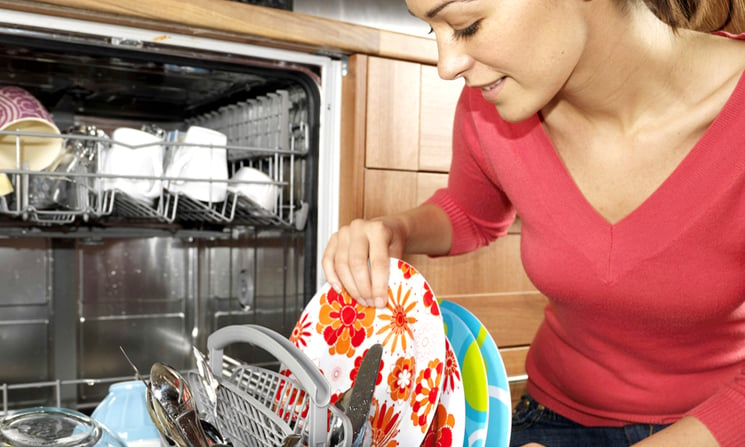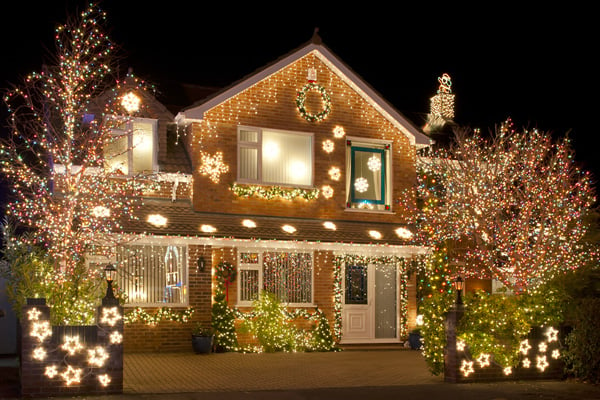The True Cost of Homeownership in 2025
Buying a home is never simple; between finding the right home and navigating the buying process and legal steps along the way, many first-time homebuyers can feel overwhelmed, confused, or lost as they navigate paperwork, inspections, and a new set of vocabulary. A home is one of the biggest investments the average American can make; what do homeowners wish they had known before they signed and initialed the dotted line(s)?







